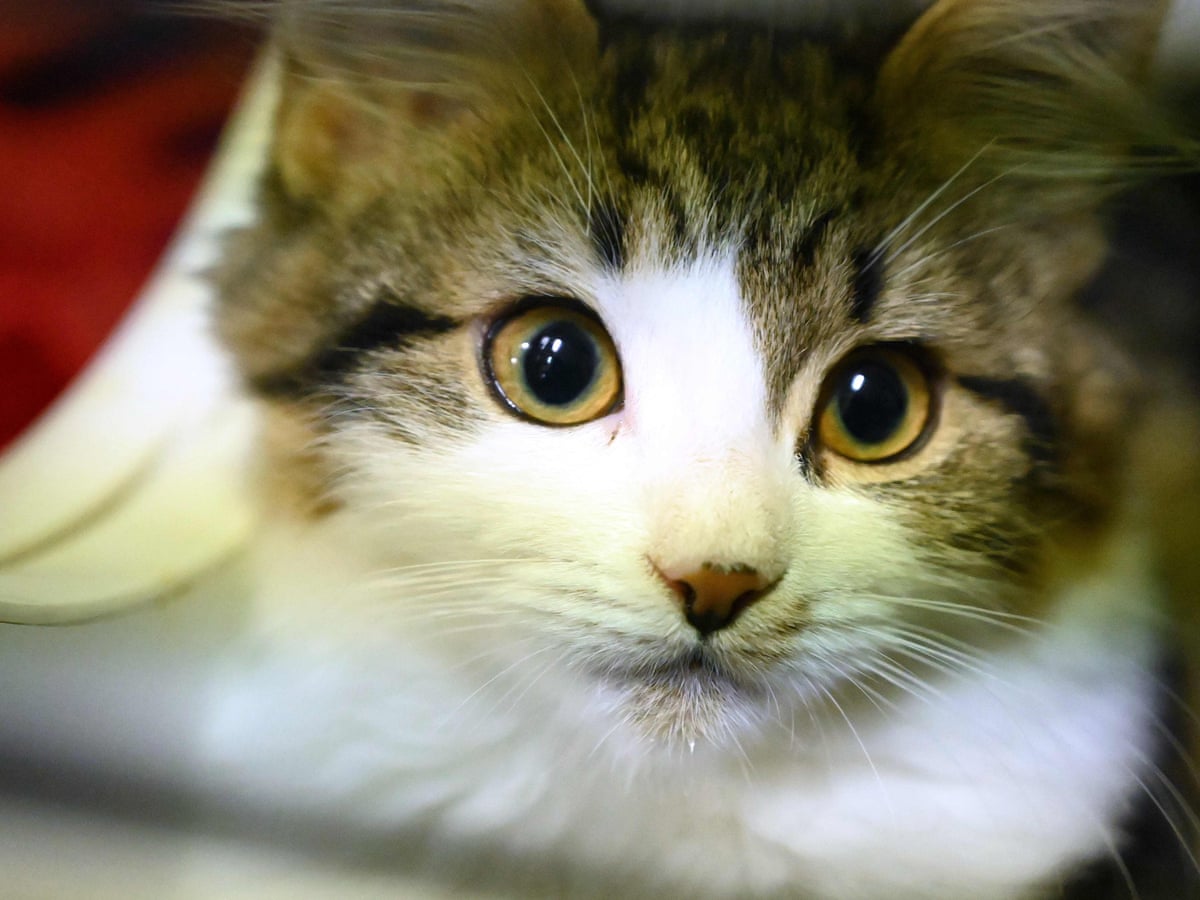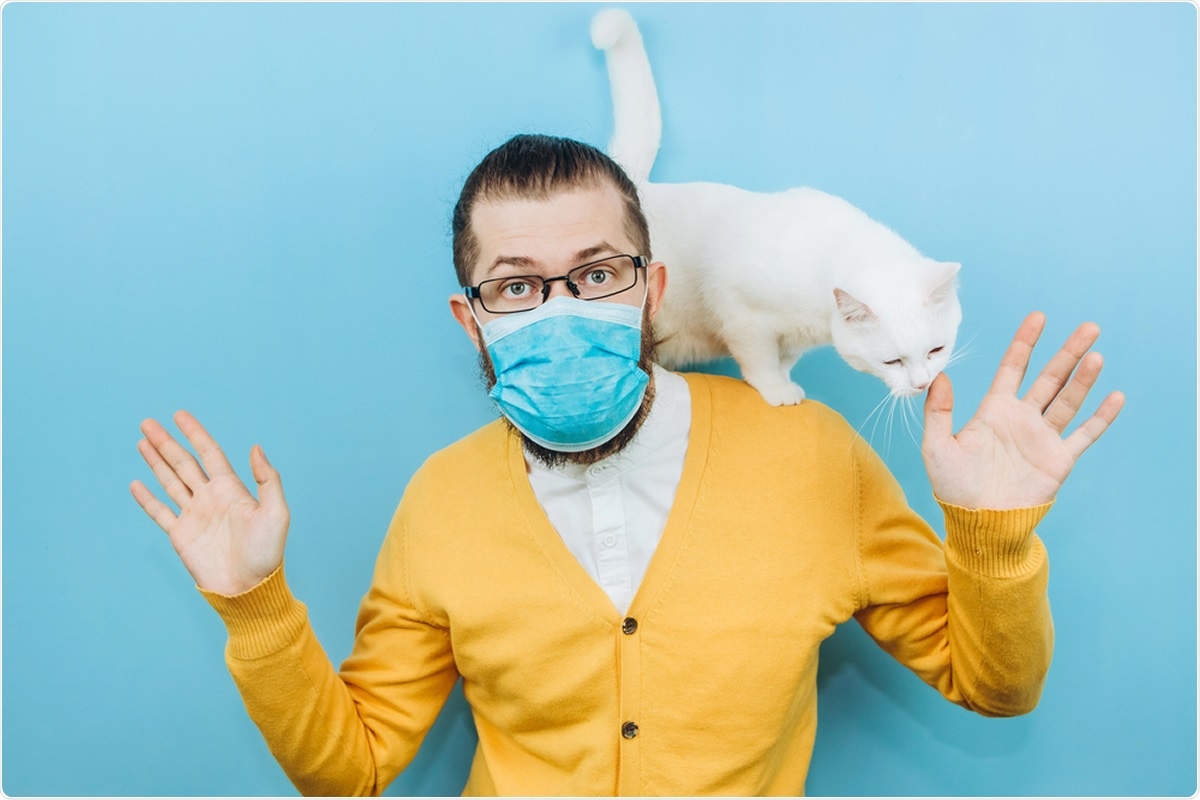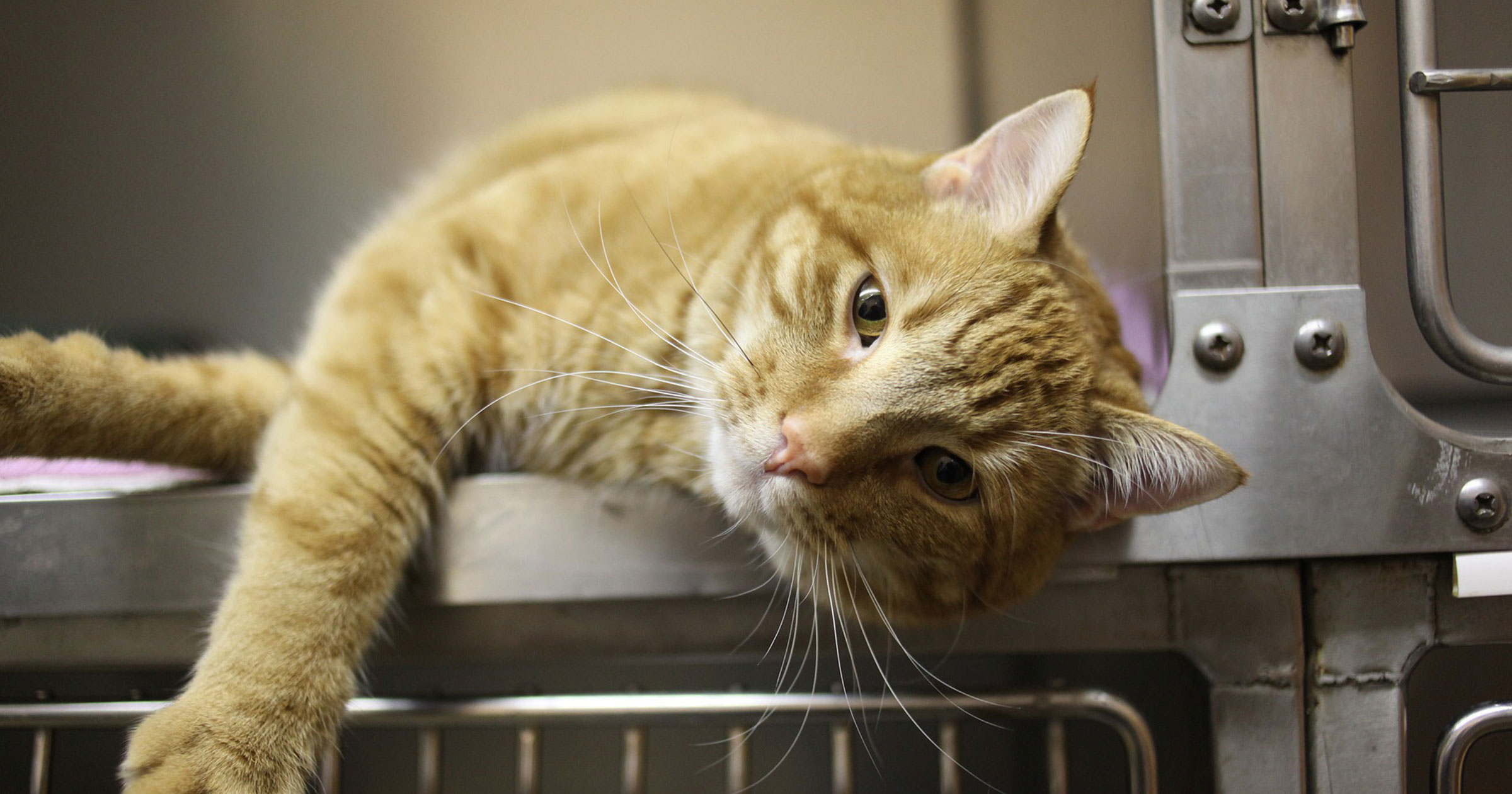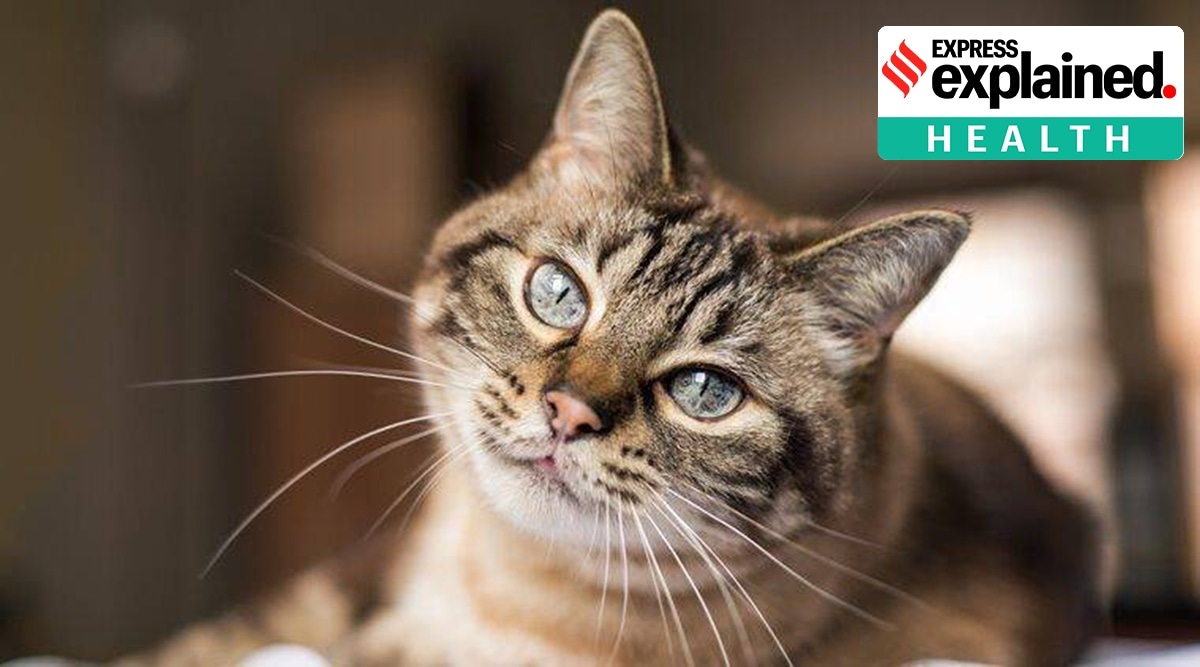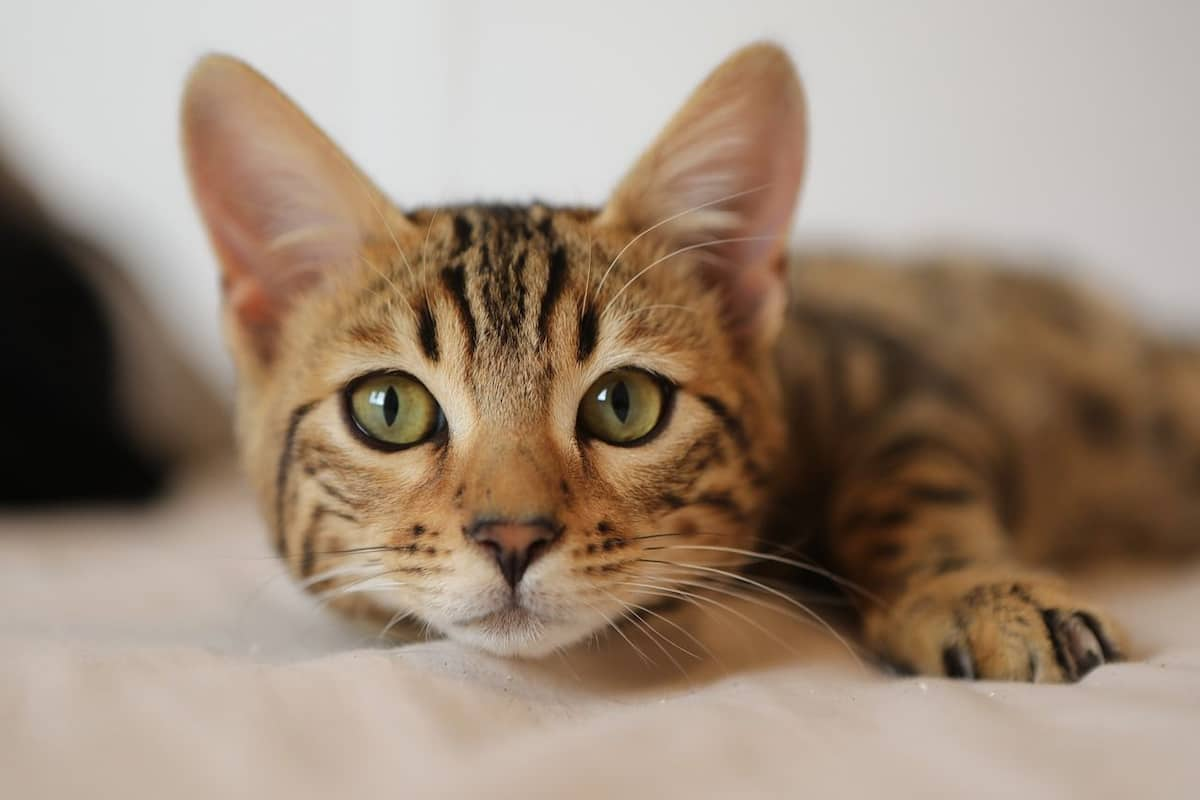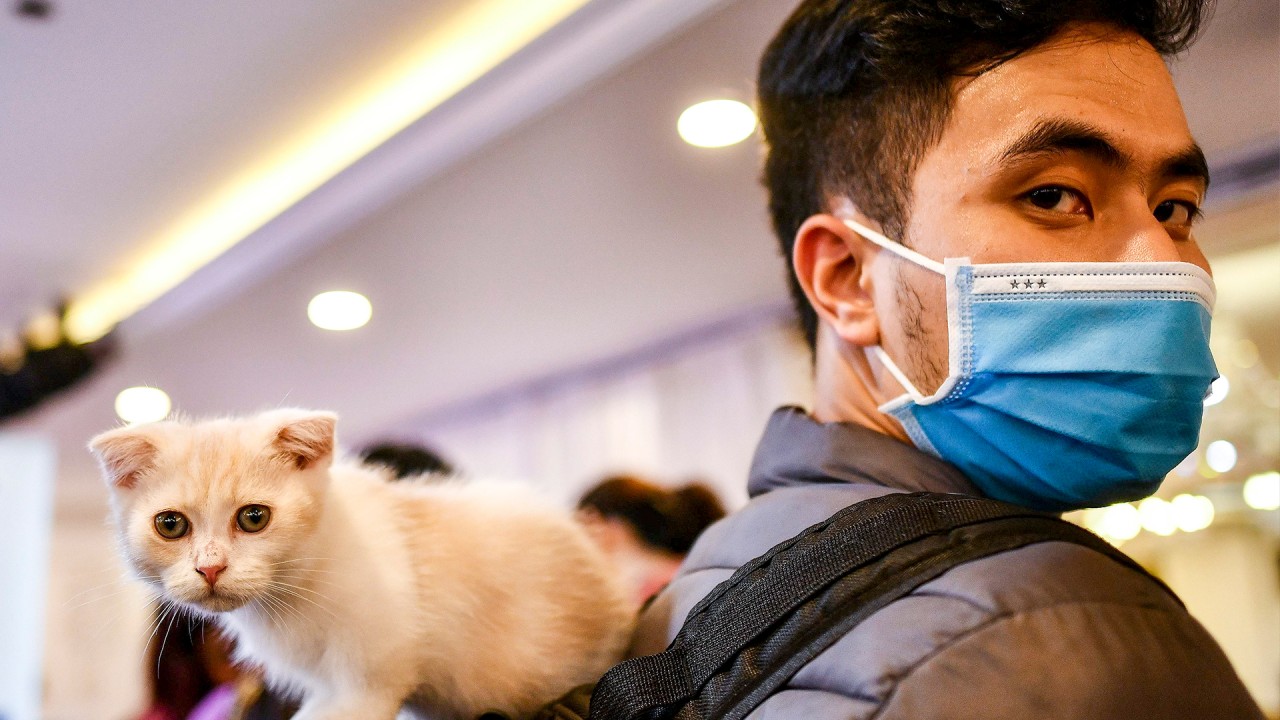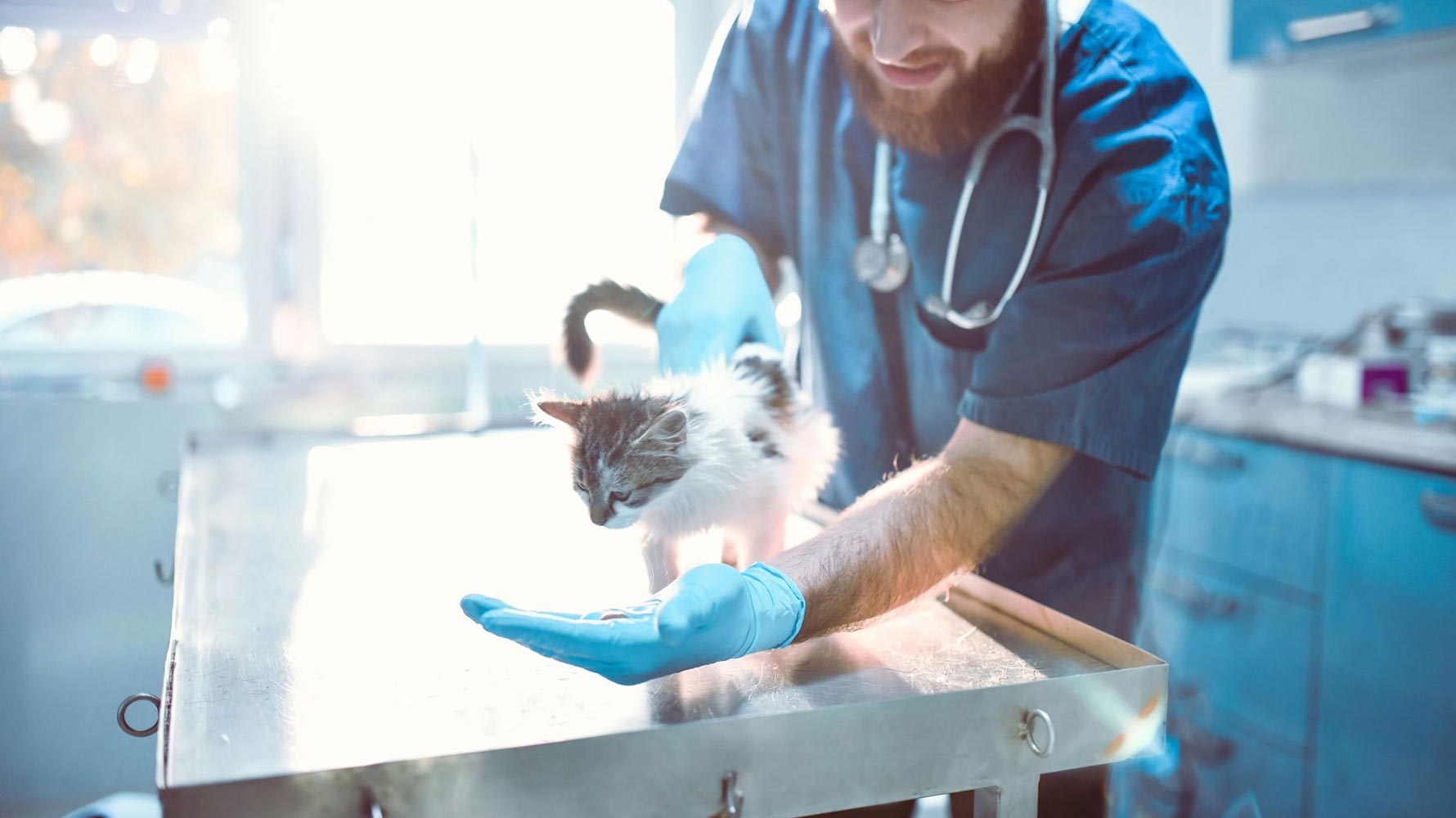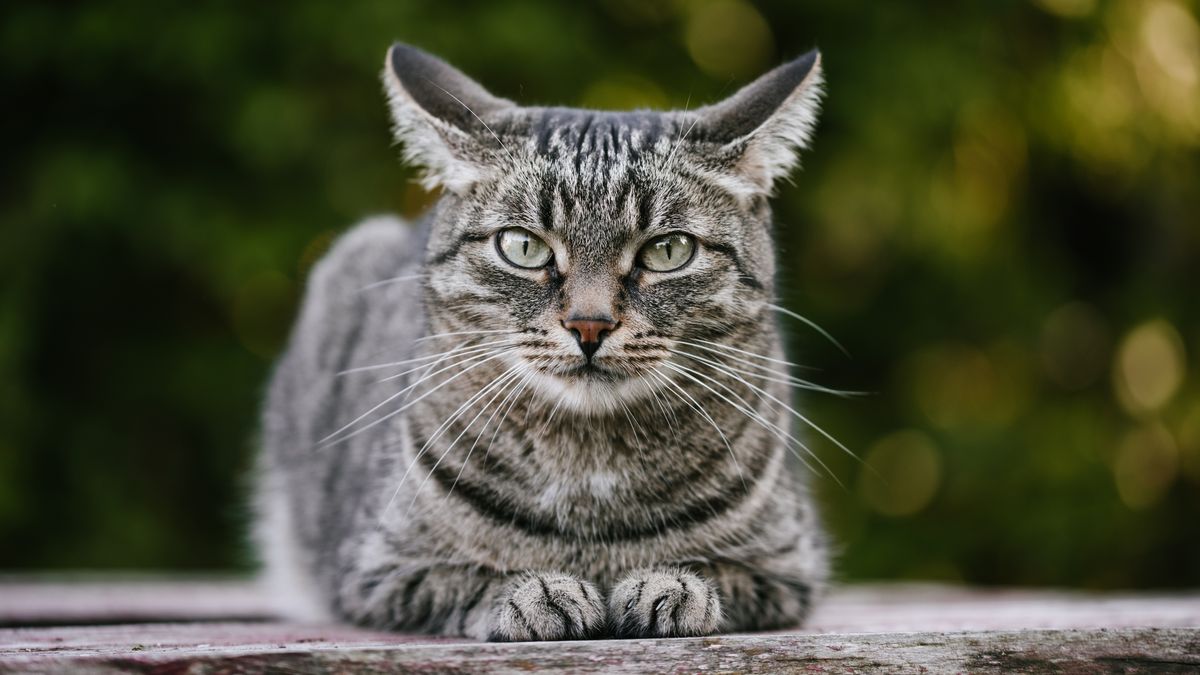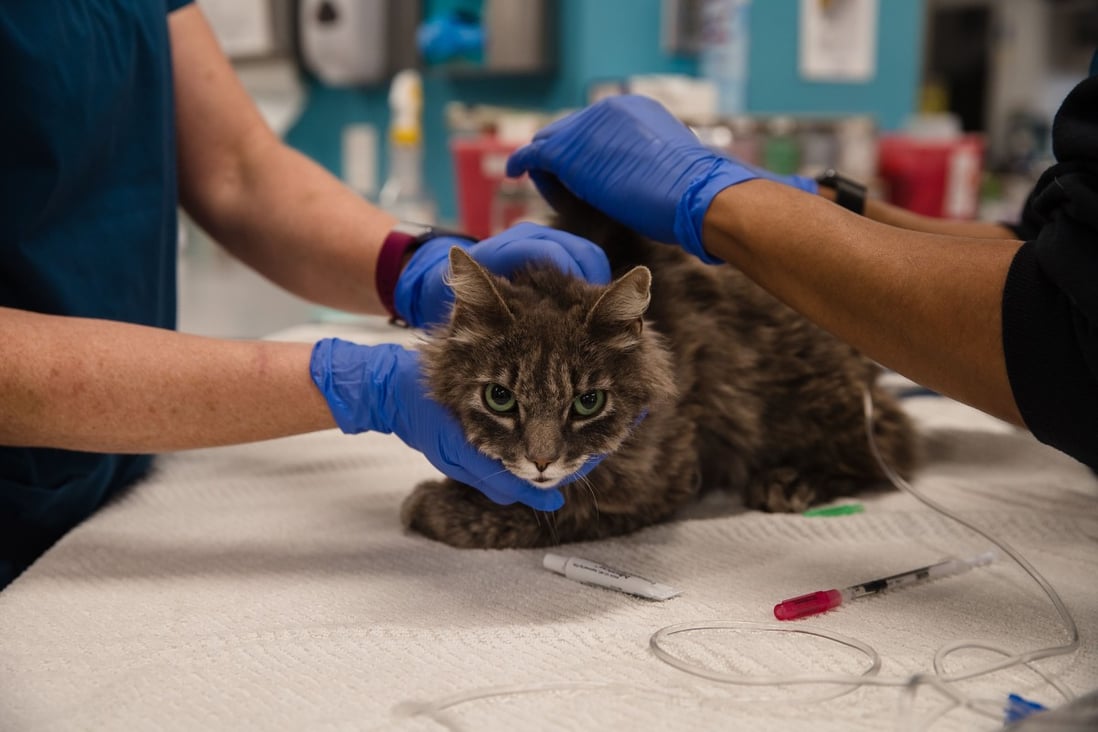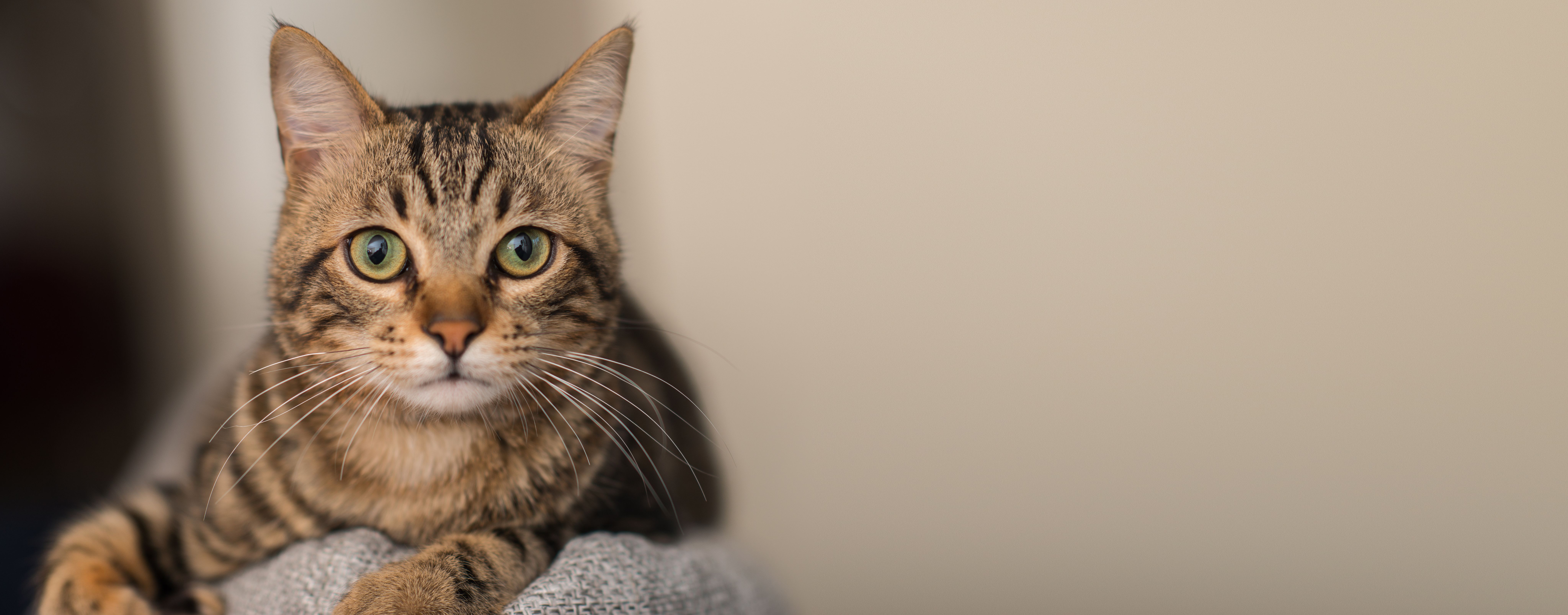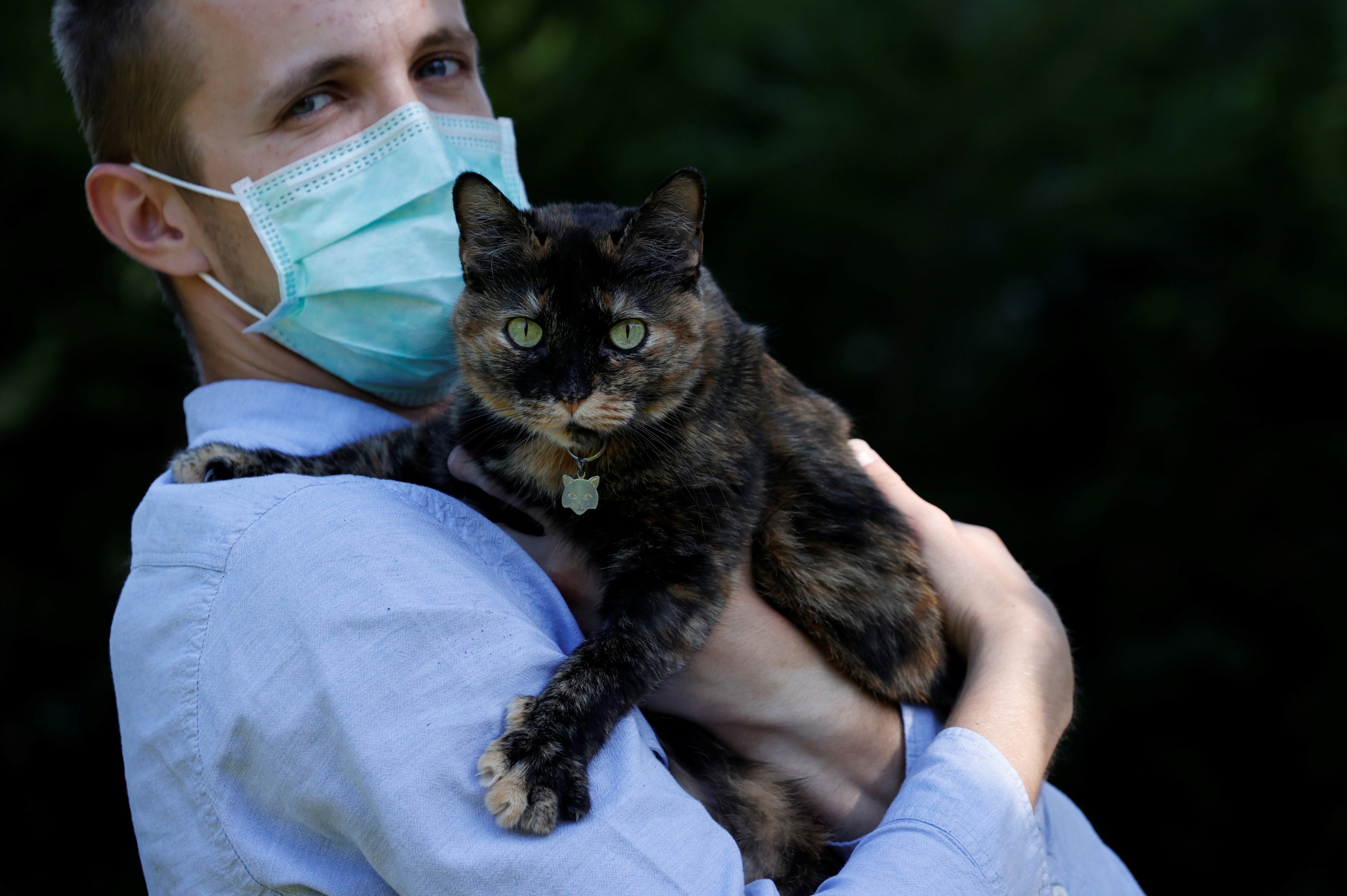Cats And Coronavirus Infection
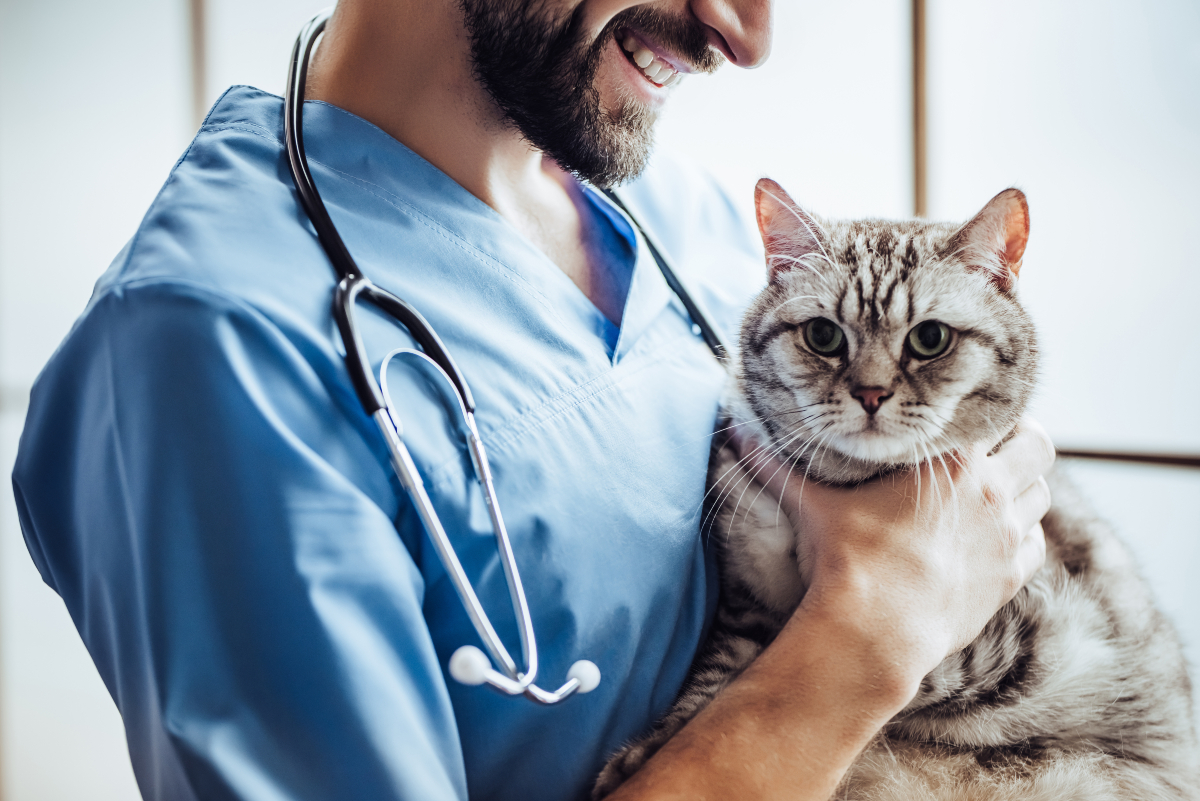
Three pet cats that tested positive for coronavirus were put down in the northeastern Chinese city of Harbin state-backed media reported leading to a social media backlash at what some viewed as.
Cats and coronavirus infection. Some cats continue to shed virus indefinitely however. FCoV is a common and contagious virus which is passed in the faeces of cats. An enteric coronavirus that is antigenically closely related to feline infectious peritonitis virus FIPV is ubiquitous in the cat population.
This happened mostly after the animals were in close contact with. Look what the cat. Five specieshumans cats ferrets civets and dogshave had documented cases of infection by SARS-CoV-2.
An enteric coronavirus that is antigenically closely related to feline infectious peritonitis virus FIPV is ubiquitous in the cat population. The research team infected three cats with large doses of the virus that causes COVID-19 SARS-CoV-2 directly into both eyes both nostrils the mouth and the trachea windpipeThe infected cats were housed in pairs with uninfected cats. Companion animals including pet cats and dogs and one ferret.
According to the US. It is more commonly found in multi-cat households and does not affect other animals or people. An enteric coronavirus infection of cats and its relationship to feline infectious peritonitis.
How does a cat catch FCoV. The virus is shed in the feces by many seropositive cats. What is Feline Coronavirus or FCoV.
Cats can be infected with the coronavirus that causes COVID-19 and can spread it to other cats but dogs are not really susceptible to the infection say researchers in. Two cats from Spain are offering new insights into how felines respond to COVID-19 with scientists saying the animals appeared to have a robust immune response that protected them from developing. Mutation of the virus to a type that can infect macrophages leads to feline infectious peritonitis.
